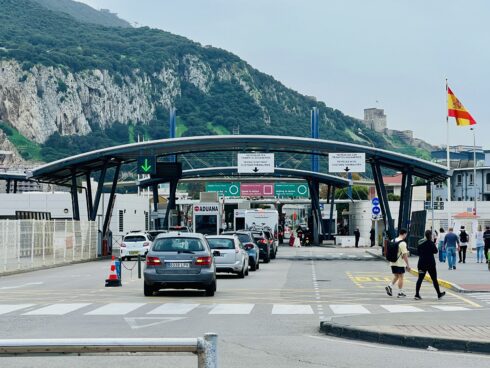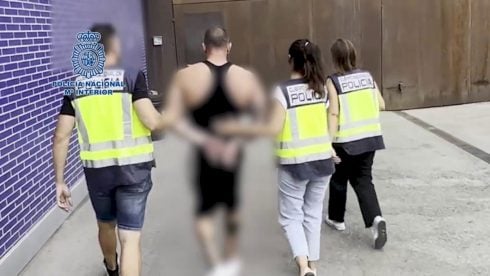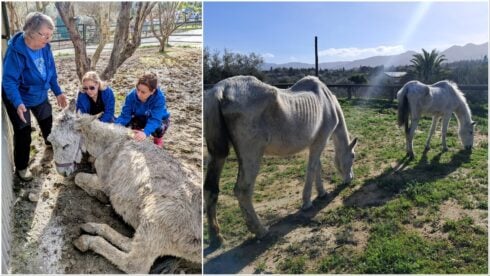A NEW online crime law passed in Gibraltar Parliament will ban ‘cyberflashing’, extreme porn, and flashing images sent to epileptics.
The Ministry of Justice believes the new rules will help protect social media spaces ‘in relation to harms which are committed online’, it said in a statement.
The Gibraltar Regulatory Authority (GRA) helped to develop the letter of the law after talking with stakeholders like the police, Care Agency, Customs and other government departments.
Minister for Justice Samantha Sacramento said the law would be useful for ‘closing gaps’ in current rules.
The cyberflashing rules will protect people from being sent sexual pictures – like the colloquial dick pic – using digital technology.
It will protect people who are not necessarily the subject of the image but the receiver of it.
It covers images sent directly with message or anonymously through peer-to-peer technology like Airdrop.
The extreme pornography ban will make it illegal to have images ‘that depict acts which threaten a person’s life or are likely to result in serious injury, bestiality or necrophilia’.
It is based on a 2008 UK offence spawned by a campaign by the mother of a teacher killed by a hardcore porn addict.
The law also helps to ban certain films, setting up defences and penalties for the offence.
A Zach’s Law campaign in UK also inspired the ban on sending flashing images to epileptics.
It makes ‘intentional sending of flashing images to a person with epilepsy with the intention to cause that person to have a seizure’ a criminal offence.
Zach Eagling was raising money for an epilepsy charity when horrible cyber bullies bombarded his page with flashing messages and GIFs to trigger a seizure.
“It is important to realise that the criminal law is only a part of the solution to online abuse,” Minister Sacramento said.
“There not only needs to be criminal sanctions relating to certain online acts but also education and cultural change in Gibraltar.”
The law includes a duty to allow the GRA to help promote this sort of media literacy.
ALSO READ:
- Hacker hijacks domestic violence Zoom link with Hitler videos and death threats to abused victim on Spain’s Costa Blanca
- Almost two-thirds of people in Spain don’t trust social media for accurate political news
- Sleazy teenager posts social media video of little girl urinating in public street in Spain’s Valencia
Click here to read more Gibraltar News from The Olive Press.








